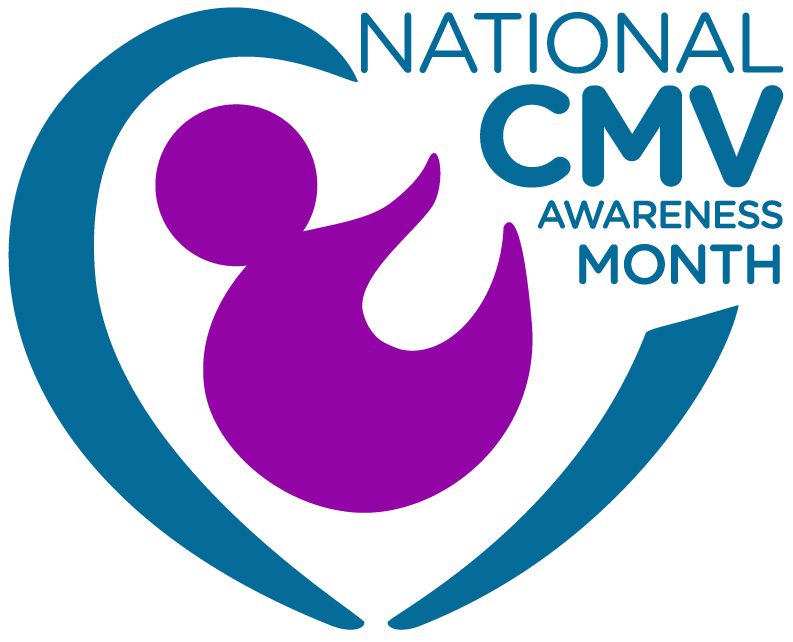Cytomegalovirus: What It Is and Why You Should Know About It

At Orlando Doulas, we believe knowledge is power. The more you know about pregnancy, birth, postpartum, and the newborn phase of life, the better prepared you can be. Since June is Cytomegalovirus (CMV) awareness month, here is the information you need about this virus to protect yourself and your unborn baby.
What is CMV?
Cytomegalovirus or CMV is a common virus affecting people of all ages. In the United States, nearly one in three children is infected with CMV by age five. Before age 40, over half of all adults will be infected with CMV. Because most people infected show no signs or symptoms, 1 in 200 babies exposed will be born with congenital Cytomegalovirus. Many babies that are born with congenital CMV will experience no symptoms or problems; however, 1 in 5 babies that are born with congenital Cytomegalovirus will have long-term health problems such as:
- hearing loss
- developmental and motor delay
- vision loss
- microcephaly
- seizures
Hearing loss is the most common long-term effect of congenital CMV. Hearing loss may be present at birth or develop later and may progress through adolescence.
Signs of Hearing Loss in Babies
- Does not startle at loud noises
- Does not turn to the source of a sound after six months of age
- Does not say single words, such as “dada” or “mama” by one year of age
- Turns their head when they see you but not if you only call out their name
- They seem to hear some sounds but not others
Signs of Hearing Loss in Children
- Delayed speech
- Speech is not clear
- Does not follow directions (This could be the result of a partial or complete hearing loss)
- Often says, “Huh?”
- Turns the TV volume up too high
CMV is the most common infectious cause of birth defects in the United States.

How is Congenital CMV Passed On?
CMV spreads via saliva, blood, urine, and other bodily fluids. During pregnancy, you can contract CMV through contact with an infected person. It is most commonly contracted from the urine and saliva of babies and young children. If you become infected during pregnancy, the virus in your blood can cross the placenta and infect your developing baby.
How Can You Reduce the Risk of CMV While Pregnant?

The easiest way to reduce the risk of contracting CMV while pregnant is to avoid the saliva and urine of babies and young children. Recommended precautions include frequent hand washing, especially following diaper changes or when helping a young child use the toilet, avoiding food sharing, and avoiding sharing utensils and cups.
Because laboratory tests cannot predict which developing babies will become infected with CMV, there are no routine tests during pregnancy. Therefore, inform your healthcare provider if you suspect CMV exposure during pregnancy.
What Are The Signs A Baby May Have Congenital CMV?
Babies with congenital CMV may show these signs at birth:
- small head size
- jaundice
- seizures
- rash
- liver, spleen, and lung problems
Tests on the baby’s blood, saliva, or urine, done within 2-3 weeks of birth, can confirm congenital CMV.
In Conclusion
While CMV is a common virus, congenital CMV is much less so, with only a few babies suffering any long-term effects.
Because knowledge is power, understanding CMV, congenital CMV, and the risks to you and your unborn baby is important.
Orlando Doulas LLC strives to provide up-to-date, evidence-based information, keeping you informed during pregnancy, labor, birth, and the postpartum period.


For additional information, check out the CDC’s report on Cytomegalovirus. https://www.cdc.gov/cmv/index.html

References:
- https://www.cdc.gov/cmv/overview.html
- https://www.cdc.gov/cmv/congenital-infection.html
- https://www.cdc.gov/cmv/fact-sheets/healthcare-providers.html
